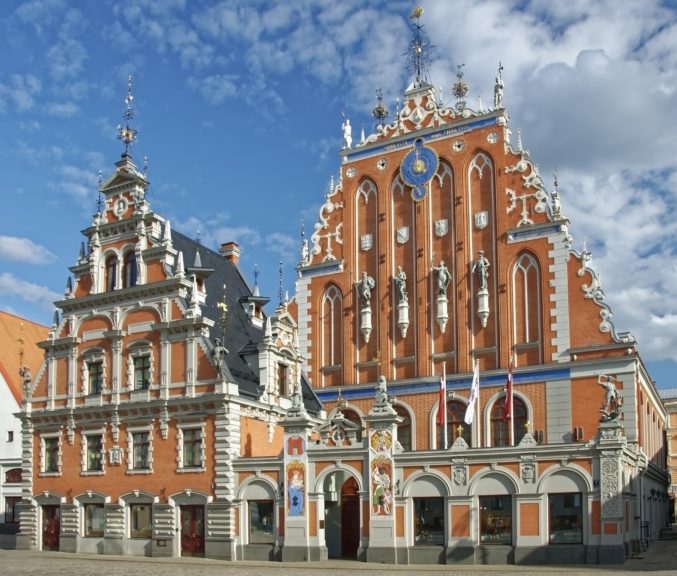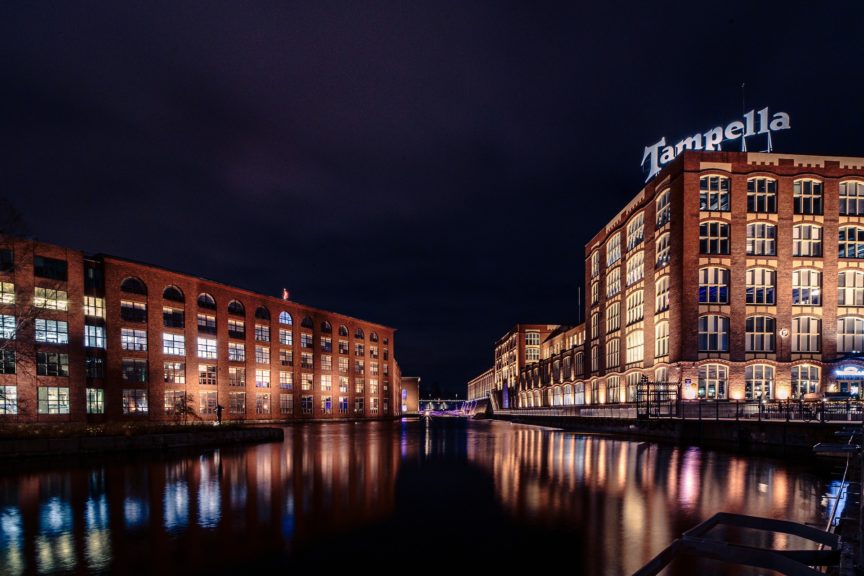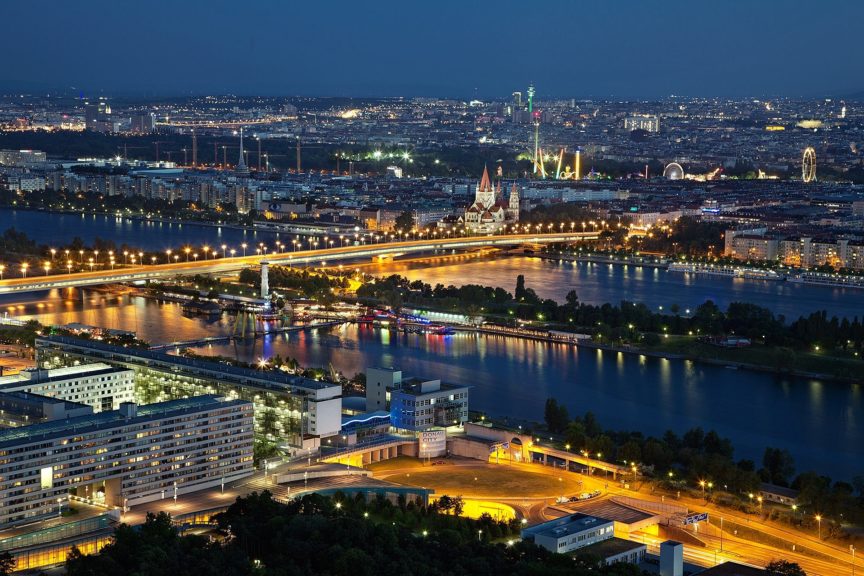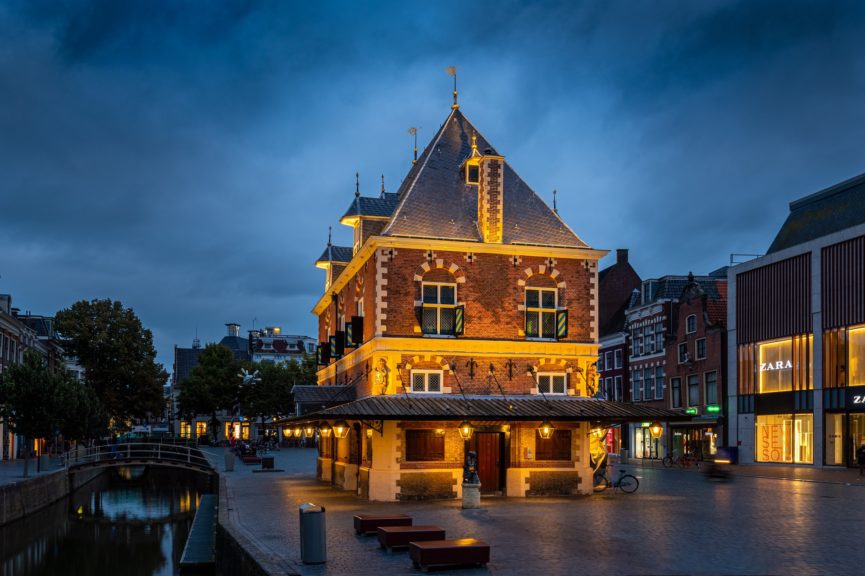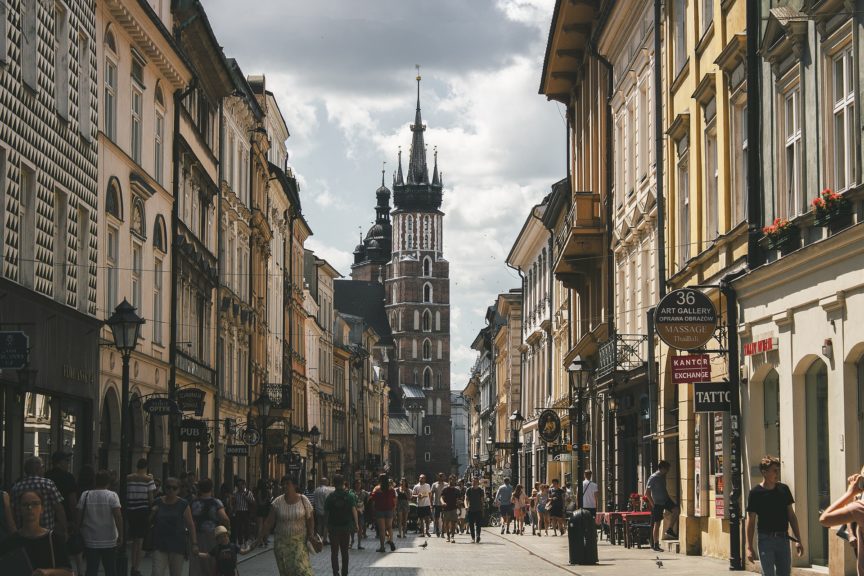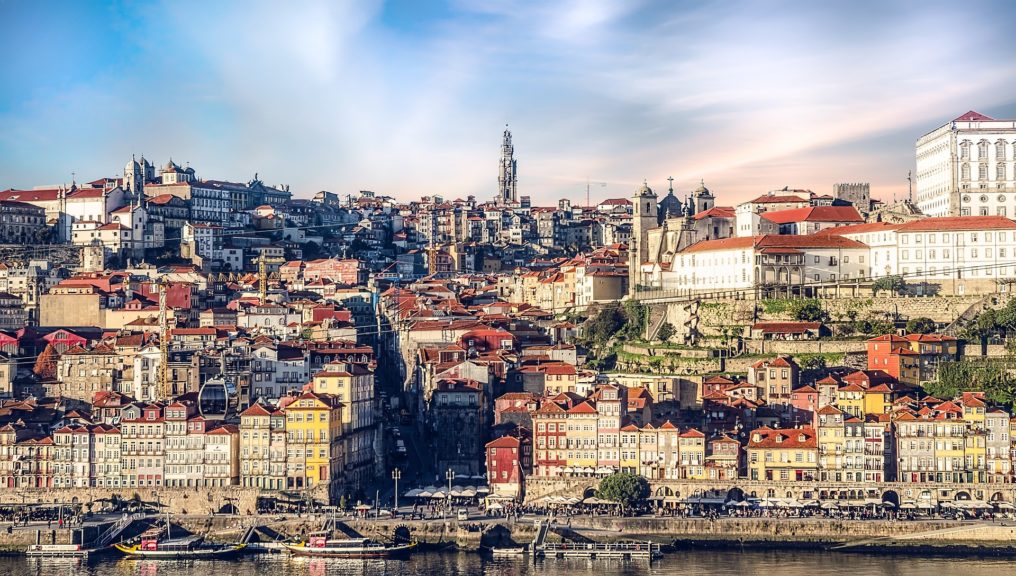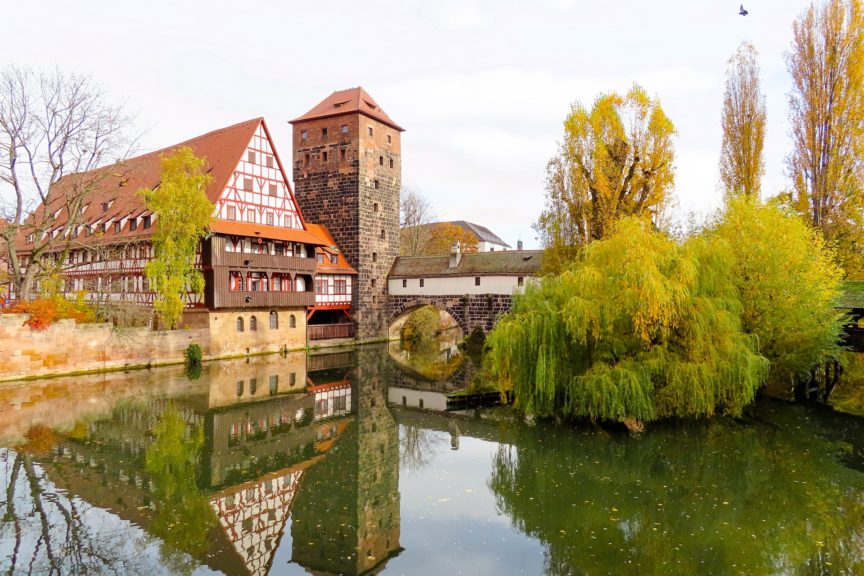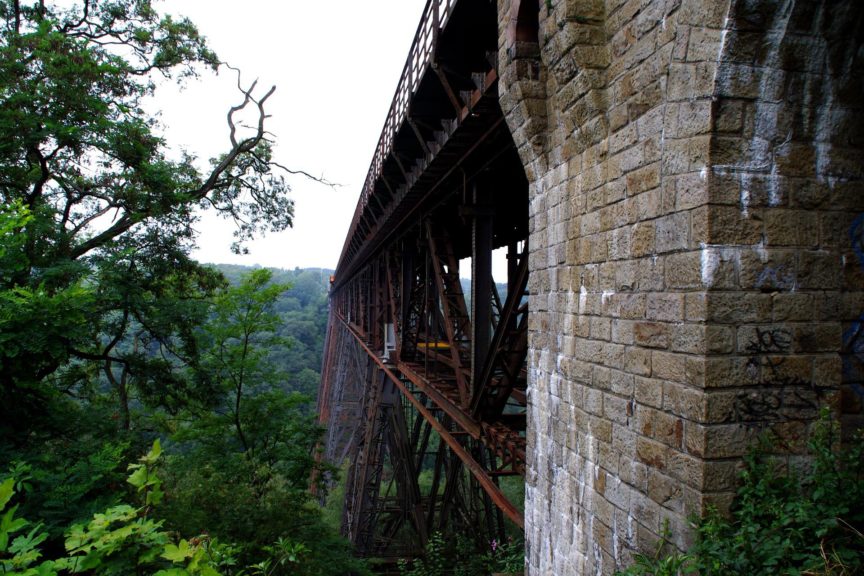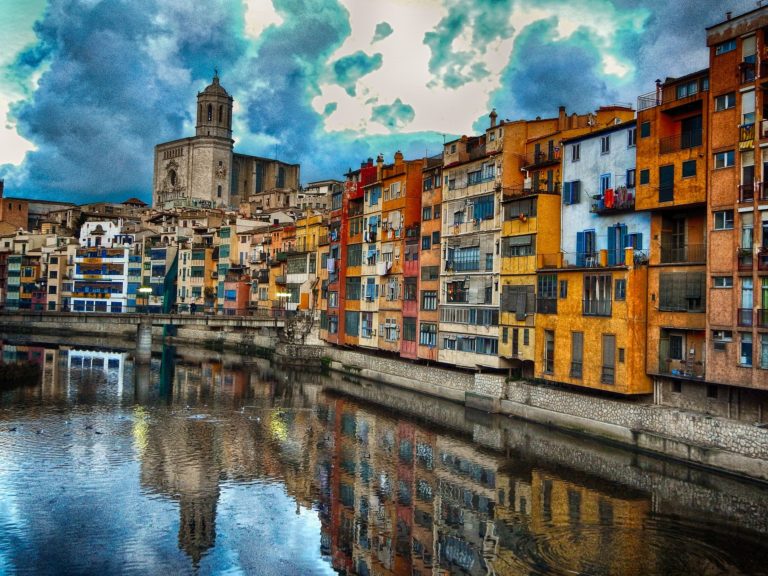Events
September 30-October 2, 2019 – “Everybody’s Business – Inclusion in Culture and Arts Education and Implementation of Children’s Cultural Rights” – International Children’s Culture Forum and ENO Meeting, Tampere, Finland
This year’s fall meeting of ENO took place after the International Children’s Culture Forum in Tampere, Finland.
“Is culture and arts education inclusive? How do we implement children’s cultural rights in different countries? What does the future of children’s culture and arts education look like?
The first International Children’s Culture Forum in Finland takes place in the city of Tampere in fall 2019. The forum’s aims are to widen international co-operation and to deepen the shared understanding of the value base of children’s rights and their role in a well-functioning society.
Keynote speakers for the Forum
- Professor Anne Bamford OBE, Strategic Director of the Education, Culture and Skills for the City of London. Her presentation carries the title The How Factor: Making culture and arts education a basic right for all children.
- Dr. Charlotte Svendler Nielsen, associate professor at the University of Copenhagen in Denmark. Her presentation carries the title Embodied and Intercultural Learning in Interdisciplinary Arts Education – Advancing Futures of Children in Multi-Cultural Schools?” (Excerpt from the program announcement)
For more information see: https://lastenkulttuuri.fi/en/international-childrens-culture-forum/
April 10-12, 2019 – “More than Bytes: Conference on digitalisation and cultural education” – International Conference and ENO Meeting, Vienna, Austria
Cultural and digital education are prerequisites for forward-looking, individualized learning that promotes self-competence, creativity and flexibility. Digital education in the context of arts education is a relatively young approach that needs to be tested, also in terms of a reflective distance. How can artists and mediators work with pupils using digital media in the field of arts education? How are teachers prepared for these challenges to engage in creative processes in the context of cultural and digital education? We live in a media society that uses “old” and “new” – analogue and digital – media in a linked and interactive way. Cultural media education, as part of general education, enables children and young people to orient themselves in an increasingly medial and mediated world. Digitalisation strategies in Europe have also triggered discussion in the area of cultural education on how cultural workers work with students in the context of digital media. The conference will cover research findings on the subject area and showcase models of how the practical implementation in different countries in Europe works in the field of cultural education. The spectrum ranges from the education of future teachers, to the use in school, to the informal education of young people in the context of digitalisation.
October 17-19, 2018 – “Sharing Arts & Heritage – European conference on cultural education and participation” – International Conference and ENO Meeting, Leeuwarden, The Netherlands
This international conference investigates how cultural education and cultural participation relate to challenges of access, social cohesion, heritage and cooperation. How can we best channel our research and policies to promote an open, inclusive, resilient European society?
We invite professionals, researchers and policy makers in cultural education and participation to join us in Leeuwarden, the Netherlands.
Conference themes
Access for everyone in a diverse Europe
The ideal scenario sketches us a Europe in which participation in cultural life is open to each citizen. But are we there yet? Or is the truth that some communities have limited or no access to cultural life? If so, how can these groups be identified and how can they be reached? Which best practices or documented policies are available and can be shared to stimulate equal and sustainable access on cultural education and participation in Europe?
Arts & culture for social challenges
Arts and culture can bridge the gaps between heterogeneous groups and promote social cohesion. Art education can be a mechanism to foster creative, innovative, open-minded citizens and bestow the population in deprived urban areas or sparsely populated rural regions an improved quality of life.
What can the existing research, practice and policy in Europa teach us about this social potential of arts and culture? And how should cultural education and participation be organised to fully activate all this potential?
Arts, culture, heritage and identity
Arts and heritage play an important role in both forming strong identity awareness as well as paralyzing the individual to adapt to new surroundings. Especially in social developments like migration, globalization and individualization. This asks for new stories and ideas for welcoming diversity whilst allowing everyone to cherish the past.
How can cultural and heritage education and participation help to conserve and hold onto traditional cultural identity and at the same time promote diversity, dialogue and mutual understanding?
European cooperation
The last decades we have seen a variety of European projects (such as ‘Europe in Perspective: International Cooperation in Cultural Learning’ or the ‘Cultural Awareness and Expression Handbook’) and networks (such as AMATEO, ACEnet and ENO) promoting cultural education and cultural participation.
What are the lessons learned? And how can we improve this cooperation in the future to ensure that cultural education and participation can be an important force in building an open, inclusive, resilient and sustainable Europe?
March 21-23, 2018 – “Cultural Education Policies in Europe” – International Conference and ENO Meeting, Krakow, Poland
This conference was held on the topic of “Cultural Education Policies in Europe”:
September 14-16, 2017 – “Perspectives of Arts Education and Sustainable Development” – International Conference and ENO Meeting, Porto, Portugal
The meeting was held at the Faculdade de Letras da Universidade do Porto, Portugal. The local organising committee was composed by Lígia Ferro, João Teixeira Lopes, Luísa Veloso, Maria de Assis Swinnerton and Pedro Abrantes.
36 members of the ENO Network, from 13 countries of the European Union, participated in the public conference and in the internal ENO meeting.
There were 6 public sessions where 22 speakers participated. Speakers in the opening session included the Dean of Faculdade de Letras (Fernanda Ribeiro), the coordinator of Instituto de Sociologia (Alexandra Lopes), the president of Centro de Investigação e Estudos de Sociologia (João Sebastião) and representatives of the ENO board (Gemma Carbo and Arno Neele). The programme included several sessions where the ENO members presented their research papers. In the afternoon, a group of researchers, artists and mediators working in Portugal participated in a round table included in the programme. The meeting ended with the presentation of the book 10×10 by Maria de Assis Swinnerton and a closing speech by Guilherme de Oliveira Martins (Fundação Calouste Gulbenkian).
February 20-24, 2017 – Winter School “Spectra of Transformation”, Nuremberg, Germany
Like every pedagogical field, the fields of aesthetic, arts and cultural education (AACE) have been confronted with various transformational dynamics in recent decades. These transformations concern all aspects of AACE: the conditions of pedagogical work, the conditions of aesthetic and artistic topics and genres related to it, as well as the conditions of learners in the progressively globalized, internationalized and transculturalized world under the conditions of economization, governementalization, demographical shifts, migration, mediatization and digitalization.
Though research on AACE rarely focuses on transformational dynamics empirically in a systematic way, the very impact of field transformations on the constituting concepts of the discourse of AACE are even less researched and reflected upon – in particular with regard to the questions of
- how this research field is constructed,
- how the topical constructs used in research relate to each other,
- what normative, cultural and political presuppositions are implied, and thus
- what strategies of inclusion and exclusion of cultural practices as research objects are applied explicitly or implicitly, the latter being of utmost importance for the current processes of internationalization of the research discourses on AACE.
Well-established and traditional theoretical concepts, while remaining unchanged on their surface, experience huge shifts underneath their surfaces. The very concept of art for example experienced notable transformations with the shifts brought about by mass production (Duchamps), mass media (Warhol), economization (Koons), feminist (Abramovic) and political (Ai Wei Wei) discourses, and digital changes (“postinternet art”). Likewise, post-nationalism, postmigration and postcolonialism revealed a multitude of concurring concepts on education, and in that regard, the deep cultural-historical embeddedness of allegedly abstract and neutral conceptions of learning, education and, not least, the implications involved for identity and personality development. The concept of aesthetics has been even more pluralized, if not fragmentized between e.g. their ideology-critical deconstructions, the shifts toward media theory and more materialistic approaches (Barad), the deconstructions of the “western” model of subjectivity (Spivak) and the digital/algorithmic de- and rematerializations of aesthetic objects as well as processes of aesthetic experience (Parisi).
As the transformational dynamics in the various fields are interconnected in multiple ways, complexity even increases. With regard to current and future research in the fields of AACE, it is crucial not only to gain systematic insights in the effects of those transformations on the fields of practice; beforehand, there has to exist an awareness of and sensitivity towards the dynamics, but even more so towards the resulting shifts of the core concepts on which research is based upon.
In order to cultivate and prepare this sensitivity, the planned international winter school lays the grounds for a systematic consideration of the conceptual dynamics in the current and future research on AACE. We think that this is an instrument of utmost importance for young researchers, and thus a crucial instrument for the development of relevance and quality in the future research in these fields.
In the context of our proposed winter school, we would like to discuss these transformational processes together with experts and young scholars on the basis of six main thematic areas and to determine their influence on the construction of the field of research in arts and cultural education. The winter school’s aims in regard to the young scholars involved are for them to gain a critical distance to their research object and to discuss methodological implications and innovations, but also to jointly develop theory. Young scholars from abroad may apply with their own projects, which will be presented and discussed within the duration of the winter school. Passive attendance (without a project presentation) is also possible.
The Winter School will be organized by the Chair of Pedagogy with a focus on Culture and Aesthetic Education at the Friedrich-Alexander-University Erlangen-Nurembergwith the collaboration of the UNESCO Chair for Cultural Education, the European Network of Observatories in the Field of Arts and Cultural Education linked to UNESCO (ENO), the Academy for School Theatre and performative Education and the Netzwerk Forschung Kulturelle Bildung.
November 2-3, 2016 – “Perspectives of Arts Education in Europe in Times of Diversity and Displacement” – International Conference and ENO Meeting, Remscheid, Germany
Barely have the subjects of polyculturality, interculturality and transculturality entered the national debate on arts education when actual practice in this field appears to be facing challenges of entirely different proportions – in times of displacement and migration, but also ongoing globalisation and European cohesion.
As a consequence, numerous actors and arts education institutions in Germany are addressing these challenges in their own work and launching projects with and for refugees. One of the questions that arises in this context is: What is the role and function of arts education both for new arrivals and organisers and sponsors? Is the aim to develop transcultural values, to promote intercultural understanding, to introduce therapeutic measures or to activate resources?
The second conference “Perspectives of Arts Education in Europe” places the subject of arts education and diversity in a European context.
On 2 and 3 November 2016, the Akademie der Kulturellen Bildung des Bundes und des Landes NRW (Academy of Arts Education) will host a meeting of experts, which is promoted by the Commissioner of the Federal German Government for Culture and Media (BKM). The conference offers experts from Germany and elsewhere in Europe the opportunity to engage in lively discussions and share their views on current trends in arts education practice and research in Europe, focusing this year on the areas of arts education and intercultural affairs, diversity and cooperation with refugees.
Experts from various countries across Europe will discuss different positions in the European debate about dealing with refugees and various concepts relating to the coexistence of majority and minority cultures.
An English-German interpreting service will be provided at the conference.

